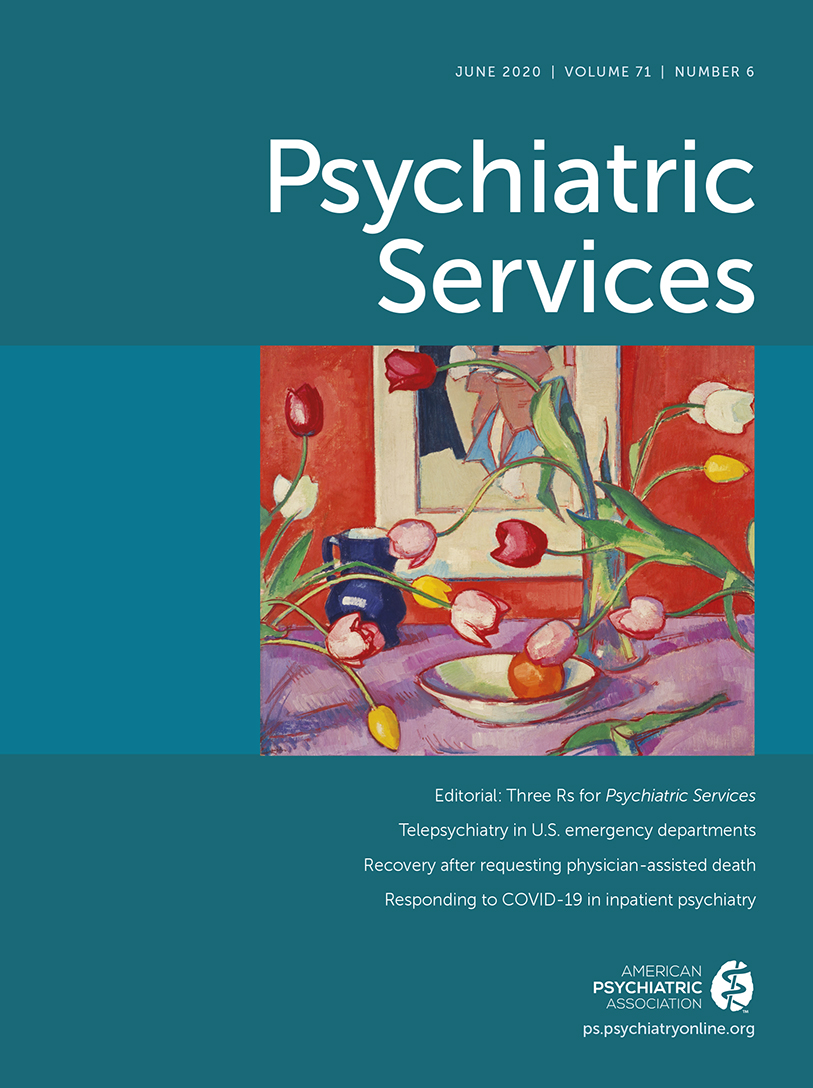Development of NAMASTE (New Anxiety Management Algorithm Standardizing Treatment Experience) and Implementation in Primary Care
Abstract
Evidence-based depression treatment in primary care is well established. However, clinicians are less likely to be trained to diagnose and treat anxiety disorder, which is frequently comorbid, poses an independent risk for suicidality, and complicates disease management. The University of North Carolina’s Internal Medicine Clinic developed a measurement-guided approach to identifying and treating anxiety disorder using the seven-item Generalized Anxiety Disorder Scale, treatment algorithms, medication charts, case-based training for best practices, onsite behavioral counseling, and psychiatric consultation. NAMASTE (new anxiety management algorithm standardizing treatment experience) offers a treatment approach for primary care and addresses a major unmet need in public health and medical education.



